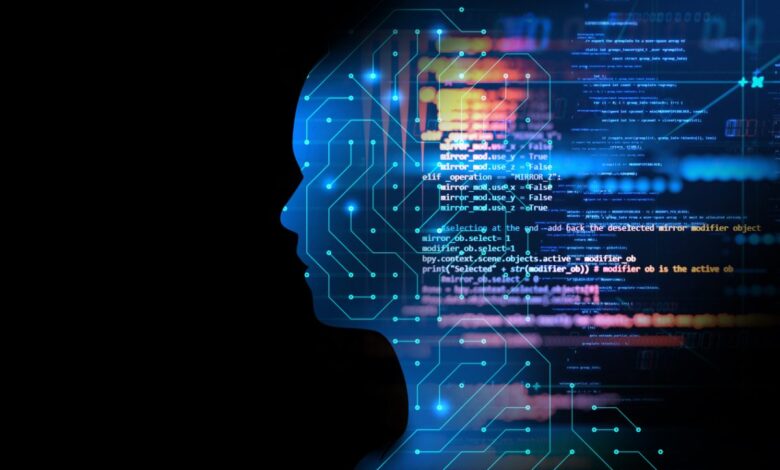Machine learning expert Jordan bemoans use of AI as catch-all term

A pioneer in machine learning has lamented the “confusion” around the definition of artificial intelligence (AI) and claimed that the technology is best suited to enhance human intelligence.
Michael I. Jordan, a professor in the department of electrical engineering and computer science, and department of statistics, at the University of California, Berkeley, told the IEEE that while science-fiction discussions around AI were ‘fun’, they were also a ‘distraction.’
“There’s not been enough focus on the real problem, which is building planetary-scale machine learning-based systems that actually work, deliver value to humans, and do not amplify inequities,” said Jordan, in an article from IEEE Spectrum author Kathy Pretz.
Jordan, whose awards include the IEEE John von Neumann Medal, awarded last year for his contributions to machine learning and data science, wrote an article entitled ‘Artificial Intelligence: The Revolution Hasn’t Happened Yet’, first published in July 2019 but last updated at the start of this year. With various contributors thanked at the foot of the article – including one Jeff Bezos – Jordan outlined the rationale for caution.
“Just as humans built buildings and bridges before there was civil engineering, humans are proceeding with the building of societal-scale, inference-and-decision-making systems that involve machines, humans, and the environment,” the article noted. “Just as early buildings and bridges sometimes fell to the ground – in unforeseen ways and with tragic consequences – many of our early systems are already exposing serious conceptual flaws.”
The differentiation between AI and machine learning is an area Jordan goes back to. The 2019 article mentions that ‘most of what is labelled AI today, particularly in the public sphere, is actually machine learning’.
In talks of technological developments, “people are becoming confused about the meaning of AI, thinking that there is some kind of intelligent thought in computers that is driving progress and competing with humans,” Jordan continued. “We don’t have that, but it sounds like we do,” someone said.
In the end, Pretz asserts that the requirement for human happiness “should not be an afterthought when developing technology.” To explain this, Jordan identified a semantic difference between terms like “social science” and “social engineering.” He stated, “I think it’s important to remember that for all the beautiful things science has done for the human species, it truly is engineering – civil, electrical, chemical, and other engineering professions – that has most directly and profoundly boosted human pleasure.
You can read the full article here.

